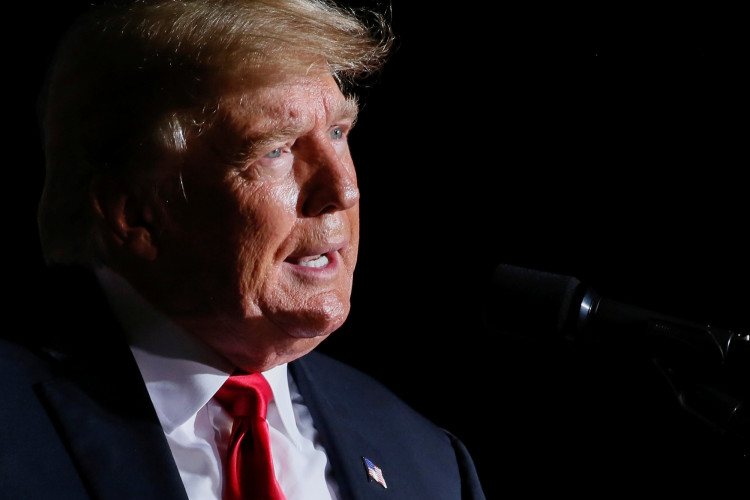President-elect Donald Trump is set to be sentenced on January 10 in Manhattan Supreme Court, marking an unprecedented moment in American history. Less than two weeks before his inauguration for a second term, Trump will face sentencing in a criminal case related to falsifying business records in connection with a $130,000 hush money payment to adult film star Stormy Daniels.
Manhattan Supreme Court Judge Juan Merchan, in a written ruling, indicated that he is not inclined to impose prison time, probation, or a monetary fine. Instead, the judge suggested that an "unconditional discharge" may be the most appropriate sentence, which would allow Trump to avoid incarceration or other penalties.
"This Court as a matter of law must not make any determination on sentencing prior to giving the parties and Defendant the opportunity to be heard," Judge Merchan wrote. "However, it seems proper at this juncture to make known the Court's inclination to not impose any sentence of incarceration."
Trump, who was convicted in May on 34 felony counts of falsifying business records, has denied all charges and maintains that the case is politically motivated. The charges stem from payments made by his former personal attorney, Michael Cohen, to Daniels during the 2016 presidential campaign to secure her silence about an alleged affair, which Trump has consistently denied.
The upcoming sentencing has ignited a legal and political firestorm, with Trump's legal team attempting to have the case dismissed. His attorneys argued that the charges violated a Supreme Court ruling granting presidents immunity from criminal prosecution for official acts while in office. They also cited the Constitution's Supremacy Clause and claimed the Manhattan District Attorney's office targeted Trump for political reasons and unlawfully leaked details of the investigation.
"This lawless case should have never been brought," Trump spokesperson Steven Cheung said in a statement. "President Trump must be allowed to continue the Presidential Transition process and to execute the vital duties of the presidency, unobstructed by the remains of this or any remnants of the Witch Hunts."
Judge Merchan rejected these arguments, stating that presidential immunity does not extend to a president-elect. "This Court finds that Presidential immunity from criminal process for a sitting president does not extend to a President-elect," he wrote. The judge also dismissed claims that the Supreme Court's immunity decision applied to the case, emphasizing that the charges pertain to actions outside the scope of Trump's official duties.
The January 10 hearing will force Trump into a legal spotlight just 10 days before his inauguration. The former president has the option to attend in person or virtually. The judge's decision to lean toward an unconditional discharge reflects the complexities of sentencing a president-elect, balancing legal accountability with the broader implications for governance.
Merchan criticized what he described as Trump's "unrelenting and unsubstantiated attacks" on the integrity of the justice system, noting that these actions were considered in denying the defense's motion to dismiss. "In that vein, it does not weigh in his favor," the judge wrote.
Trump's conviction in May marked the first time in U.S. history that a former or sitting president had been found guilty of a crime. His legal challenges, coupled with his impending responsibilities as president-elect, present a unique and contentious chapter in American political and legal history.
While Trump's sentencing is unlikely to result in jail time, the case underscores the continued scrutiny surrounding his business dealings and conduct. Legal experts anticipate that Trump will appeal the conviction, prolonging the legal battle even as he prepares to take office.






